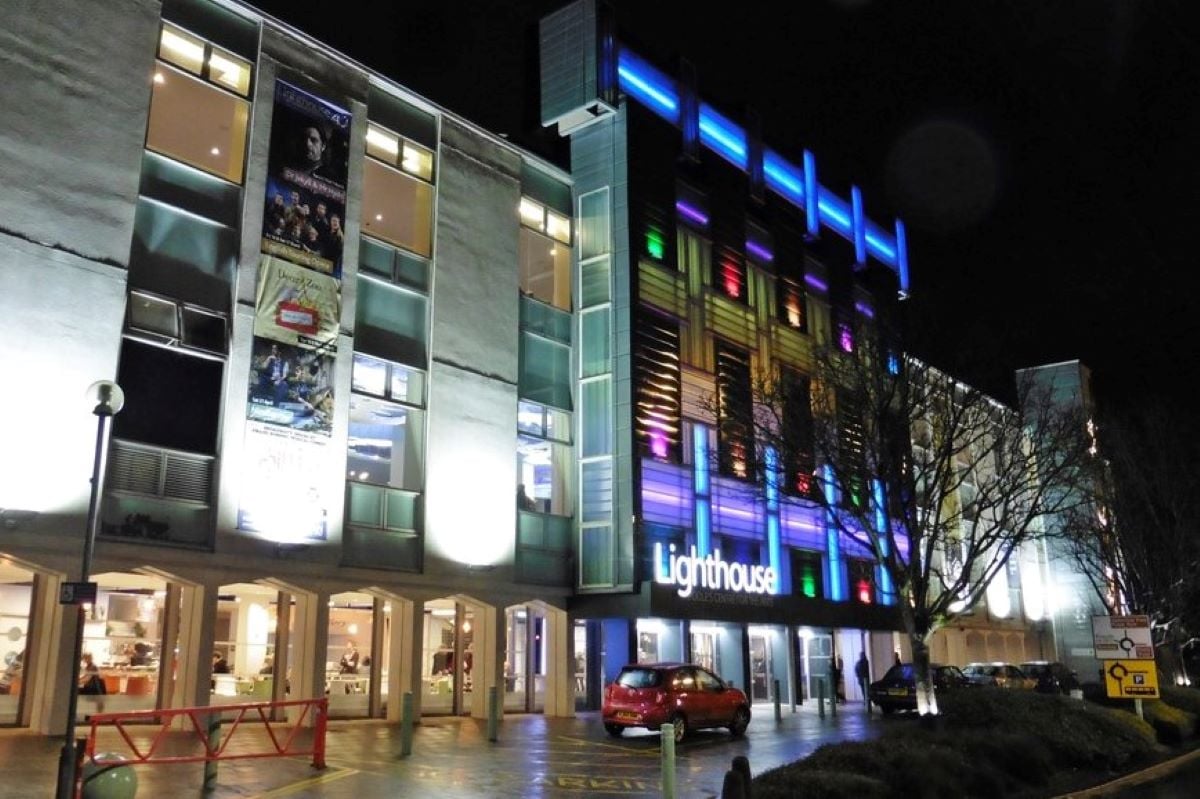
Lighthouse Poole Centre for Arts says its electricity bill alone has trebled this year
Photo: Roger Cornfoot/Creative Commons
Quarter of music and theatre venues fear closure
Experts warn entertainment venues are at risk as bills and energy costs continue to soar, leaving them 'clinging on' to survive.
One in four music and theatre venues fear the prospect of closure, with redundancies on the cards for many, a study has found.
Research conducted on behalf of comparison website Uswitch, which questioned 100 UK entertainment venue decision-makers about the current state of the industry, found that rising costs meant energy bills now represent up to a third of total business costs for some organisations.
As a result, 27% were concerned they may need to close, while 40% said they feared having to make staff redundant to reduce costs. One in three (35%) expressed concern that they would not be able to pay their energy bill on time, and 32% said they feel "anxious" about their future.
READ MORE:
- Weathering the cost-of-living storm across the UK
- Cost-of-living crisis: how will it impact diversity in the arts?
CEO and Founder of the Music Venue Trust, Mark Davyd, said: "We have seen an incredible explosion in energy prices right across the grassroots music venue sector in the last 12 months.
"The current situation is really on a knife edge, with venues essentially clinging on to the end of existing fixed-term contracts and any new tariff effectively immediately creating a venue under threat of permanent closure."
He called for Ofcom and the government to act and "make the energy market work for music".
Energy expert at Uswitch for Business Jack Arthur said: "Live performances are central not only to the UK's culture and entertainment sector but also to the UK economy.
"While the sector has seen some recovery since the pandemic's impact, the cost of energy has added new additional challenges.”
"With higher utility costs taking the stage, venues need to be meticulous about how energy usage is being considered at all levels of their organisation – from the stage floor to sound production."
Arthur urged venues to invest in energy-efficient appliances where possible and to check their current energy contract terms and end date to shop around for better rates when it is time to renew.
'Testing time'
Chief Executive of Lighthouse Poole Centre for Arts, Elspeth McBain, said that in 2023 the venue's electricity bill alone will increase by 200%.
"We are doing everything we can to meet this cost," she said.
"However, this is on top of the significant increase in the cost of living which has increased our costs in all areas of the business and has also meant our audiences have less leisure spend available, restricting the number of times they can attend cultural events.
“Together, these factors have made it a testing time for organisations like ours and theatregoers alike. I am desperate for energy and living costs to come down so that we can keep bringing top class artists and productions to Poole, support local talent development, provide opportunities for cultural participation, and ensure that culture within our region continues to play a vital part in our community.”
Raising ticket prices
The study found that 15% of venues had to increase ticket prices at an average of 25% per ticket in order to cover increased expenditure, with more than a quarter (27%) increasing the prices of refreshments.
This chimes with figures released by the Office for National Statistics last month which showed that the cost of theatre and live music performances have contributed to record inflation rates for recreation and culture.
The annual inflation rate for this category in the year up to May 2023 was 6.8%, up from 6.4% in April.
It represents the highest level of inflation for recreational and cultural goods and services since the ONS began recording figures in their current format in January 2006.
Besdies raising prices, some venues have opted to reduce their opening hours, with 19% of venues choosing to only open during peak times of the week
Three in five businesses (60%) stated that bills were their "top concern" over the next 12 months, followed by inflation rates (41%) and staff costs (30%).
Many venues were found to be exploring ways to reduce their energy output, with 45% opting to increase staff training on energy efficiency measures, 41% switching to more energy efficient or LED lighting for both onstage and offstage and 36% turning off, down or restricting air conditioning and heating.
Join the Discussion
You must be logged in to post a comment.